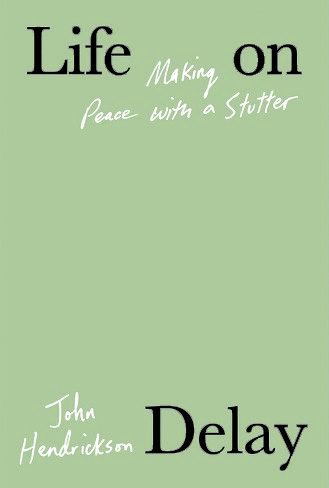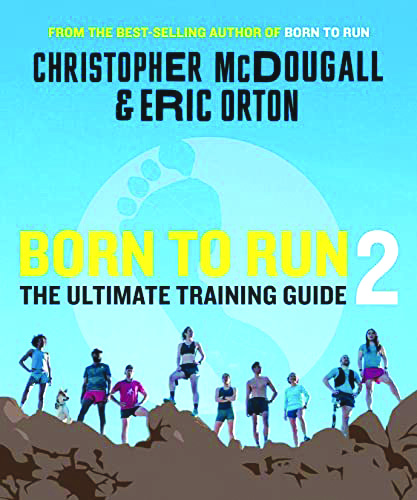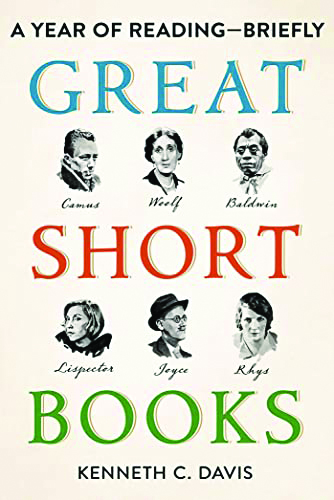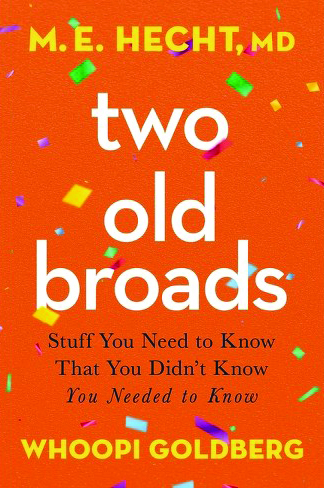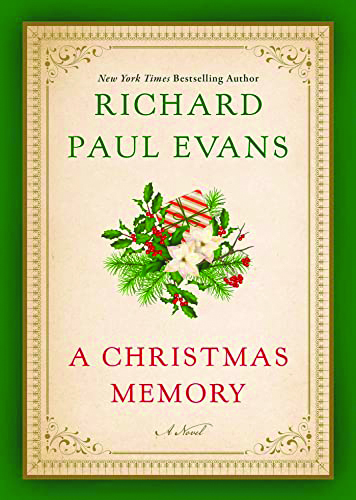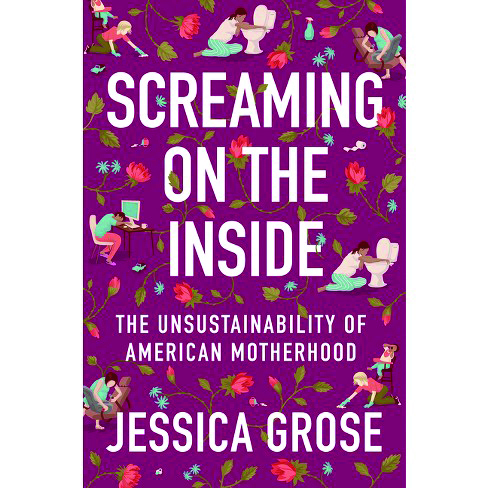Life on Delay, by John Hendrickson (Knopf, 272 pages)
Since childhood, journalist John Hendrickson has had a severe stutter — or, as the condition is formally known, severe “disfluency.” His stutter was so pronounced that once, in a school play, he had been assigned to say three words: “place,” “sound” and “celebration,” with meaningful pauses between each word. He couldn’t do it, even when the assignment was reduced to one word. He wound up being the only kid on stage who didn’t have a speaking role.
This was one of countless embarrassments in Hendrickson’s memories about his stutter, memories that followed him into adulthood, even as he forged a career writing for respected publications like Esquire, Rolling Stone and The Atlantic. “I wish I could pinpoint the moment that shame changed from something that periodically washed over me to something I lug around every day like a backpack,” he writes in his memoir Life on Delay.
Although disfluency affected every aspect of Hendrickson’s life, it was something that wasn’t talked about by his family, at least not in productive ways. His mother took him regularly to speech-language pathologists, his father believed that it was a passing problem that he would outgrow, and his older brother cruelly made fun of him. It wasn’t until after Hendrickson wrote about Joe Biden’s speech impediment for The Atlantic in 2019 that he began a journey to acceptance and healing that is the focus of this book.
Biden has spoken often about overcoming a childhood stutter; Hendrickson called him out on the fact that it still exists in the piece, titled “What Joe Biden Can’t Bring Himself to Say.” In the piece, Hendrickson wrote not only about Biden’s struggle with disfluency, but also his own. It wasn’t the first time that a moving account of stuttering caught the general public’s attention; the film The King’s Speech has done so, as well as Katherine Preston’s book Out With It. Celebrities such as John Stossel, Samuel L. Jackson, Carly Simon and Ed Sheeran have dealt with stuttering and spoken about it openly.
But Hendrickson’s account resonated, not only with the 3 million or so Americans who stutter (70 million worldwide), but also with the people who love them. His inbox quickly filled up with poignant emails from people who wanted to share their stories, in large part because they had previously felt so alone in their struggles.
Stuttering, as Hendrickson points out, can be painful not only for people with disfluency but also for those around them. (Hendrickson once was turned down for a job at a coffee shop by an owner who said the shop was “a place where customers feel comfortable.”) There will always be jerks who respond cruelly, and those who are impatient and unwilling to be uncomfortable even for a short time; Hendrickson writes of what he calls “The Look” that crosses people’s faces when they realize he has trouble communicating.
But even people who are empathetic blunder when talking to someone with disfluency. “Have you ever told a stutterer to take their time? Next time you see them, ask how ‘take your time’ feels,” Hendrickson writes. “‘Take your time’ is a polite and loaded alternative to what you really mean, which is ‘Please stop stuttering.’”
He and many other stutterers also hate when people, in an attempt to be helpful, cut them off or try to answer their own questions for the stutterer.
While it is true that around 75 percent of childhood stutters will resolve by adulthood, Hendrickson doesn’t seem to think that’s because of interventions provided by speech-language pathologists; there are 150,000 or so of them in the U.S., but only about 150 are board-certified in stuttering. Speech therapy offered to children may give them strategies and their parents hope, but most children who still stutter at age 10 will continue to do so to varying degrees throughout adulthood, he says. And he is dubious of even world-famous clinics that boast of “cure” rates exceeding 90 percent.
At some point, he says, achieving fluency is not a viable goal. He quotes a speech specialist who says that people’s lives often change dramatically not because of sudden improvement in their disfluency but because they encounter “people who cared about them, who didn’t care about the fluency of their speech, but the content of what they were saying, and expressed to them that total acceptance.”
Hendrickson writes movingly of the small indignities of stuttering which stem from things that most people take for granted — the ability to place an order at a restaurant, to record a voicemail, or even introduce yourself to another person. He quotes a fellow stutterer as saying, “I would love the ability to go around and say hi to people and not feel the world was about to end.”
But although the narrative is encased in difficulties which relatively few people experience, its broader theme is more universal: healing from childhood and family dysfunction.
While conducting interviews for the book and getting to know stutterers around the world, Hendrickson also opened the Pandora’s box of his own childhood and adolescence, going so far as to interview teachers and friends from the past about how they remembered him and how his struggles affected them. His reporting also forced him to confront his parents and brother about their mistakes in progressively difficult conversations. As such, his story is one to which many people will relate even if they don’t know anyone who stutters.
Sometimes books that bloom from popular articles seem contrived, an unnecessary expansion that does little more than make money. That’s not the case with Life on Delay, which opens a window beautifully into human struggles that often go unseen. It is the rare sort of book with the potential to make us better human beings. A

